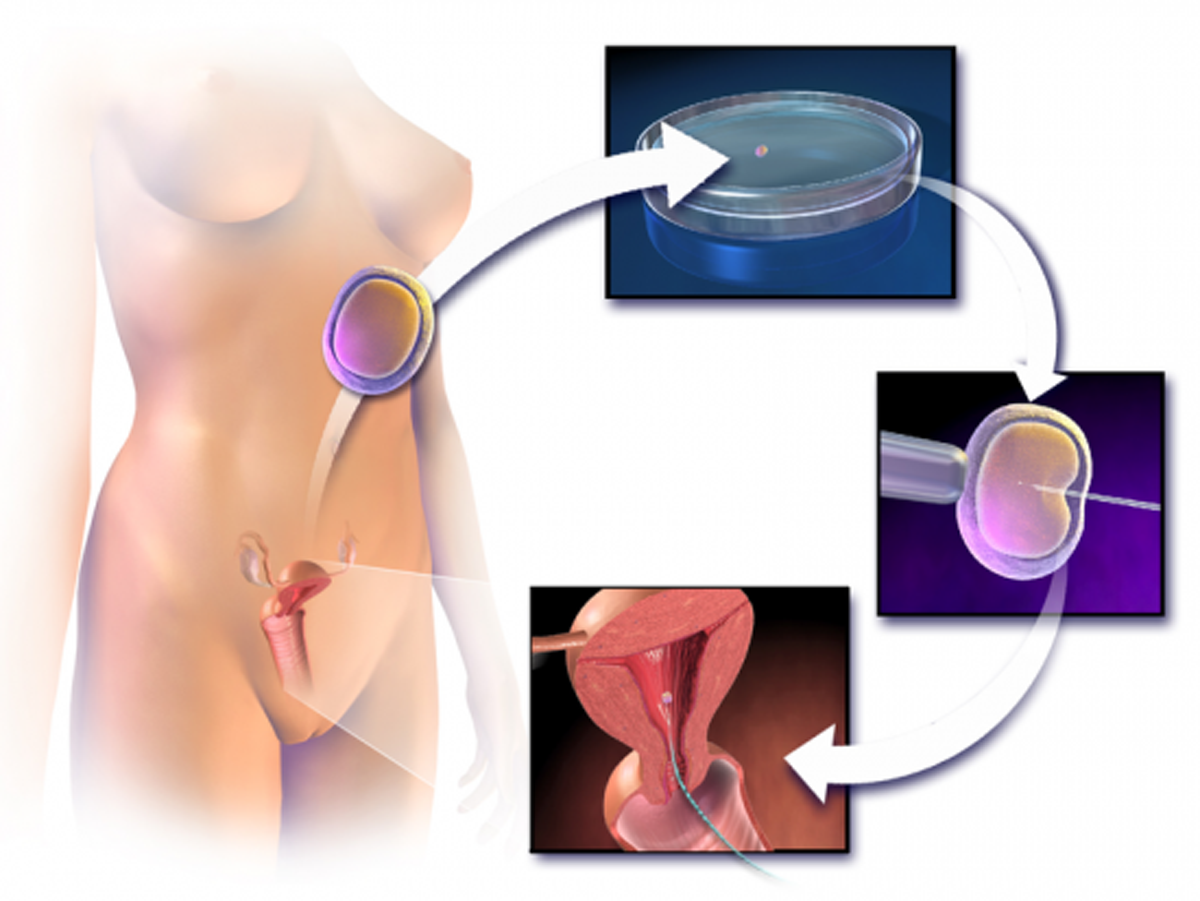Infertility is a growing problem that affects up to 15 percent of couples worldwide, and delaying motherhood until a later age is one of its main causes. IVF has offered millions of couples the chance to become parents, but there is no guarantee of success with this artificial reproductive technique.

In Britain, women under 35 have an IVF success rate of just over 32 percent if they use their own, non-frozen eggs. The odds gradually go down with age. If you're aged between 40 and 42, your chance of success is 13.6 percent, while women over 45 have a low 1.9 percent chance of getting pregnant using IVF.
The method involves analyzing the complete genetic code of a fertilized egg. Research conducted by a team of scientists from Peking University and Harvard University and published in the journal Cell shows that the method could particularly boost the IVF success rates of older women. It could also offer fresh hope to women who have suffered repeated IVF failure.
Current pre-implantation genetic screening methods tend to rely on taking cells from embryos created through IVF, and these techniques may not reveal all genetic problems. Cells do not have to be removed from embryos with the new method.
Instead, it uses cell fragments from "oocyte polar bodies" that come from eggs to map a fertilized egg's genetic code.
Using the new screening method, scientists will be able to take a closer look at the portion of DNA that comes from the mother, and zoom in on genetic abnormalities that might cause failure to implant, miscarriage, and genetic diseases in a child. Since the method looks only at eggs, it would still not reveal all possible problems with an embryo — the father's genetic material is not tested at all.
The study team tested the technique using eight Asian women and 70 eggs. This is, by all accounts, a tiny sample and the technique will need to be studied in much more detail before it is offered to IVF patients on a large scale. Not everyone is ecstatic about the method, either. Doctors in the field of reproductive medicine are quoted online as saying that the technique may look appealing in theory, but could pose many problems in practice.
Read More: A Complete Guide to In Vitro Fertilization (IVF Treatment)
There are worries that the egg-analyzing process could actually cost women some their eggs unless it is developed into something incredibly effective. We all know that women are born with all the eggs they'll ever have, and depleting a portion of what remains of an older woman's egg supply could actually harm her chances of becoming a mother.
- Photo courtesy of BruceBlaus by Wikimedia Commons : en.wikipedia.org/wiki/File:Blausen_0060_AssistedReproductiveTechnology.png

